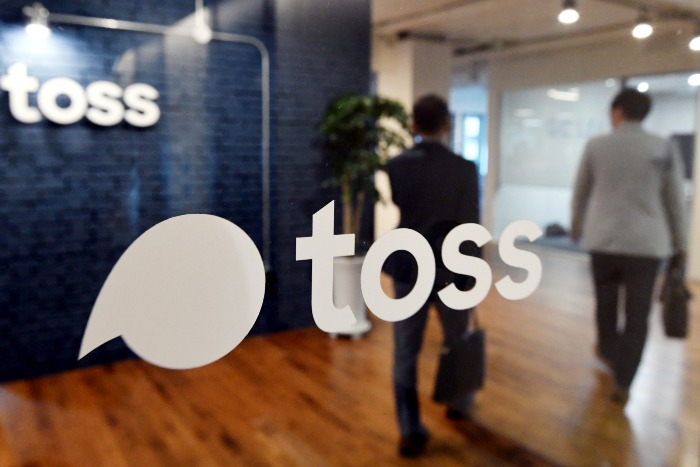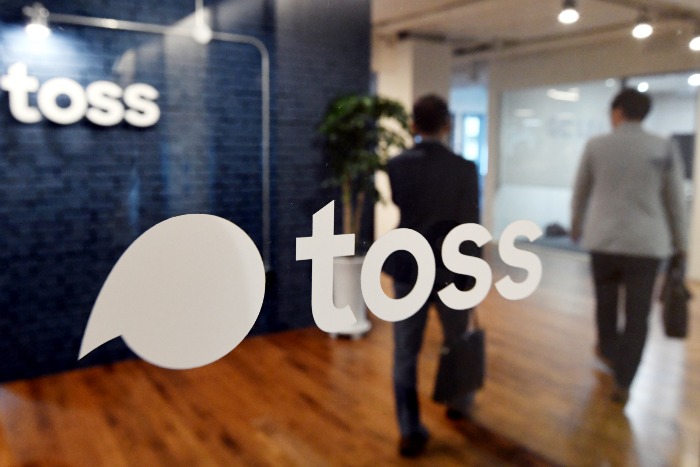
Heads of South Korea’s leading venture capital firms say domestic startups have entered a phase of overvaluation.
The Korea Economic Daily’s Market Insight, which covers the capital market, surveyed 20 chief executives of top venture capital firms in Asia’s fourth largest economy.
By industry, more than half of the respondents picked the blockchain and metaverse sectors as the most overvalued, followed by e-commerce. In a seemingly contradictory manner, 40% of the respondents also chose blockchain and metaverse to be the most promising sectors.
The concern and excitement over the emerging technologies are based on the yet-to-be revealed potential for both industries.
The e-commerce, fintech, and the climate change sectors that dominated last year’s fundraising are expected to be less popular among investors this year.
MORE DISCERNMENT
The venture capital heavyweights who participated in the survey said this will be the year investors will become more discerning.
A respondent said: “Compared to public companies, startups are overvalued. If the stock market slump continues, startups will take a hit despite the currently ample liquidity.” Another respondent said, “The bubble is particularly noticeable in startups in the Series B round worth 50 to 100 billion won.”
Not everyone agrees that the private companies are overvalued, however.
“The valuation for domestic startups, which were undervalued, are beginning to match the global average,” one said.
UNICORN CANDIDATES
As for the most meaningful investments in a South Korean startup last year, 15% of respondents picked SoftBank Vision Fund’s backing of Yanolja worth $1.7 billion, double the previously reported amount. The travel and leisure firm had said it will use the investment to expand its operations into Southeast Asia, India and Africa.
The country’s top online fashion retailer Musinsa and the No.1 flea market operator Danggeun Market Inc. each received 10% of the respondents’ votes for the most meaningful financing.
Last March, Musinsa raised additional 130 billion won ($115 million) from Sequoia Capital and IMM Investment, giving the startup a 2.5 trillion won ($2.2 billion) valuation.
Danggeun said on last Aug. that it received 178.9 billion won ($153 million) from new investors including DST Global, Aspex Management and Reverent Partners, as well as existing investors such as Goodwater Capital, SoftBank Ventures Asia, Altos Ventures and Kakao Ventures through a Series D funding round.
The responses varied when it came to companies that could become unicorns this year. They include Megazone Cloud, Ably Corporation, FADU Technology, FuriosaAI and Musicow to name a few.
Earlier last month, MBK Partners and IMM Private Equity each invested 200 billion won in cloud management service provider Megazone Cloud.
Ably Corp is the operator of its namesake shopping app for women’s fashion and FADU and FuriosaAI are fabless companies.
Musicow, for its part, is the first company in the country to allow investors to buy fractional ownership in copyright claims.

A quarter of the respondents said they expect Viva Republica Inc., the operator of fintech platform Toss, to become a decacorn this year.
Forty percent of the respondents said the workforce composition is what they pay the most attention to when deciding whether and how much to invest. The rest were split between innovation and growth potential with 30% of the votes respectively.
Not a single respondent picked performance as the most important factor in deciding their financial backing.
The venture capital veterans were the most bullish on Southeast Asia for overseas market potential. Nine out of the 20 surveyed said the company is looking for promising startups in that region.
DEREGULATION NEEDS
The heads of VC firms chose deregulation as the most crucial task for revitalizing the industry.
“New unicorns can only come from sectors that require ‘innovative destruction’ like the attempts of So Car and LawTalk,” a respondent said – stressing the need for an environment which allows that.
Another respondent lamented the government is not considering the specific characteristics of startups. Others stressed the need to diversify the investor pool, pomoriting active merger and acquisition, as well as creating culture of embracing diversity.
KB Investment CEO Kim Jong-pil, president and co-CEO at KTB Network Co. Kim Chang-kyu Kim and Smilegate Investment Inc. CEO Nam Kimoon participated in the survey, among 17 other industry leaders.
Write to Jong Woo Kim at jongwoo@hankyung.com
Jee Abbey Lee edited this article.
Credit: Source link





















